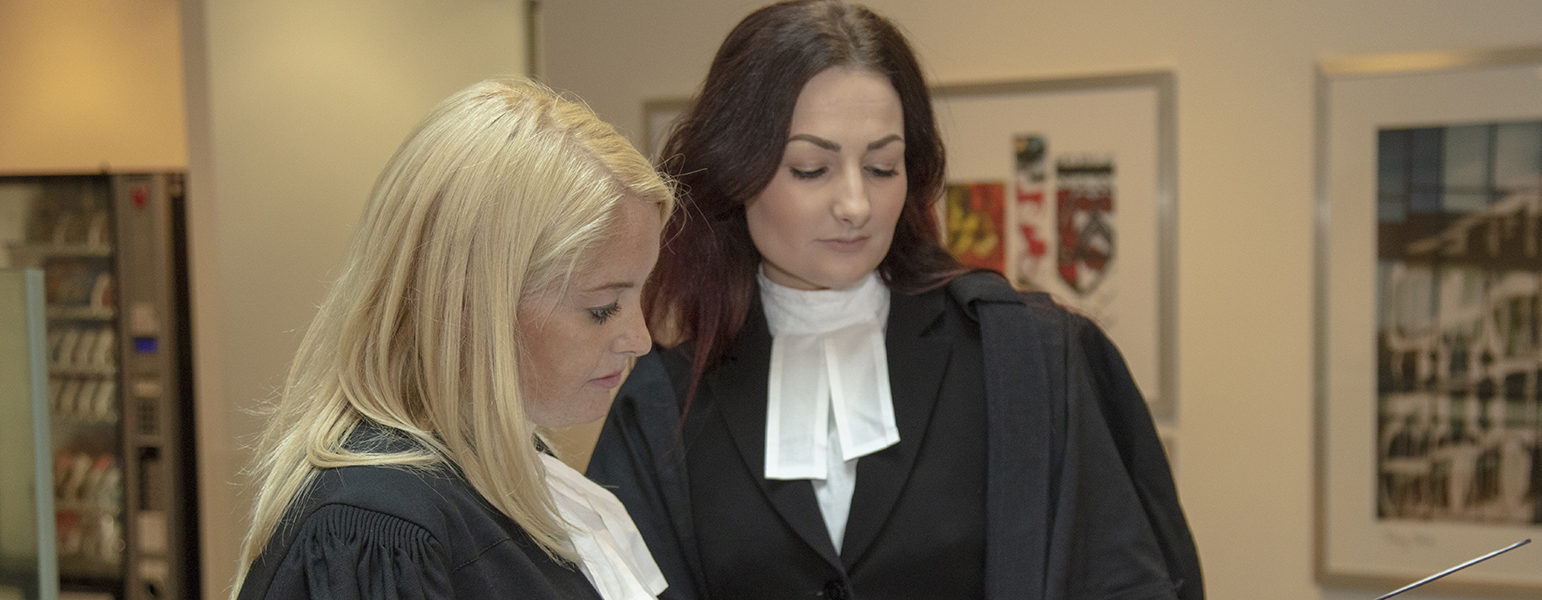Advocacy for Vulnerable People and Children (Crime)
The approach to and questioning of vulnerable people in the justice system is a skill that can be taught.
Introduction
12 years ago, the Advocacy Training Council (ATC) published Raising the Bar which was the result of a 20-month research project into the type of training that might be appropriate for advocates working with children and vulnerable witnesses. The three virtues espoused by the report still hold true:
“First, it should at all times be sensitive and understanding with regard to the needs and vulnerabilities of the person concerned. Second, it should uphold the requirement rigorously to examine the evidence and fulfil the barrister’s duty both to court and client. Third, it should seek to elicit ‘Best Evidence’”.
The ICCA’s national programme, now tilted, ‘Advocacy for Vulnerable People and Children’ was originally developed by members of a pan-profession working group, led by HH Peter Rook KC, in response to the Government’s September 2014 Commitment to Victims paper.
In October 2018, the MOJ issued a new Victims Strategy in which they commended the profession for exceeding the government’s 2014 manifesto commitment. They described the training as ‘both recognised and highly valued by relevant experts who work to support victims’ rights and with organisations such as the NSPCC’.
The profession can take heart from the October 2018 Judicial Perceptions report on the quality of criminal advocacy which stated that:
‘One area of practice that is recognised to be largely improving, is advocates’ ability to deal with young and vulnerable witnesses. The training provided to advocates about vulnerable witnesses and defendants, and the adaptations to court practice for vulnerable court users, now more routinely embedded in court procedures, are thought to have benefitted advocates’.
Many experts were involved in the creation of this course and leading judges, practitioners and academics continue to support and advise on its iterative development. The 20 Principles were created by reference to original, practice-led guidance from HHJ Sally Cahill KC and they were refined and endorsed by leading academics, Professor Michael Lamb and Professor Jacqueline Wheatcroft. They have been updated twice taking account of lessons learned and they contain clearer explanations and rationale.
Key Principles
The A&V course was designed to ensure that all advocates, when dealing with children vulnerable witnesses, understand the key principles behind the approach to, and questioning of, vulnerable people in the justice system, irrespective of the nature of the allegation, or the jurisdiction in which the advocate appears. The training is the first step in adjusting the ‘advocacy approach’ to cases such as these. Continued development in this area is strongly recommended.
Criminal Procedure Rules and Criminal Practice Directions
At the forefront of every advocate’s practice should be an awareness and understanding of current law and procedure. Of paramount importance in relation to children and vulnerable witnesses and defendants is familiarity with the current Criminal Practice Directions governing matters such as special measures, intermediaries, s.28 hearings and Ground Rules Hearings. This knowledge base should be the starting point when preparing cases of this nature. The most recent consolidated criminal practice direction can be found here.
Ground Rules Hearings
The problems caused by lengthy, repetitive, intimidating and confusing questioning of vulnerable people and children, including defendants is now widely known.
It is recognised that our adversarial system must permit challenge of crucial evidence. It should not encroach on the rights of a defendant to challenge the evidence against them in a fair and appropriate way. The skill is in allowing this to be done without exploiting or taking unfair advantage of a child or vulnerable person.
The reliance upon a Ground Rules Hearing is an effective procedural step as a result of which, special measures and intermediary and expert interventions have been carefully and creatively used to ascertain the best way for vulnerable individuals to effectively participate in the trial process.
How the training works
At the Bar, there are around 300 trained Facilitators who between them have gone on to train around 10,000 advocates. Facilitators have to be accredited to go on to train.
We are indebted to all those who willingly and regularly gave up their time and who continue to do so to train the newest members of the profession.
The training materials available on the website are for delegates wishing to prepare for their face-to-face course. The Delegate course is not pass or fail.
If you are a Provider or a Lead Facilitator requiring materials for Facilitator training, please contact us at info@icca.ac.uk
Begin now

